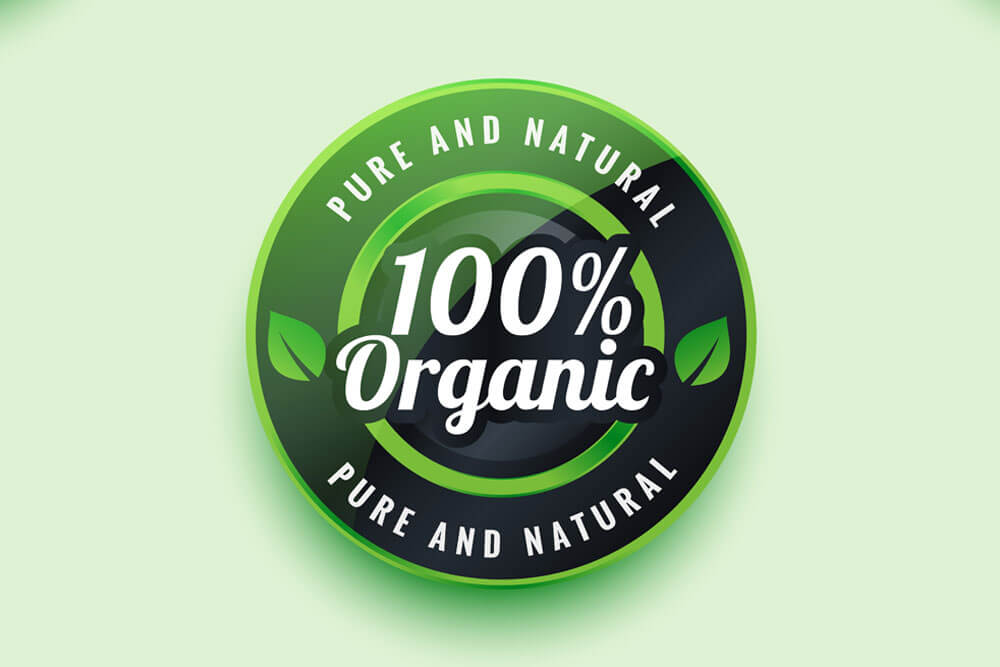Australia’s “organic” label is esteemed globally for its rigorous certification standards, comprehensive regulatory framework, and commitment to maintaining the integrity of organic products. Several key factors contribute to the high regard for Australia’s organic labeling system:
1. Stringent Certification Standards
The Australian Certified Organic Standard (ACOS) is recognized as one of the most respected and rigorous standards worldwide for organic production.
Published by Australian Organic, a not-for-profit industry representative group, ACOS covers all aspects of organic farming and processing, ensuring that products labeled as organic meet high-quality and safety criteria.
2. National Standard for Organic and Bio-Dynamic Produce
Australia’s National Standard for Organic and Bio-Dynamic Produce serves as the country’s technical export standard for organic goods. Managed by the
Department of Agriculture, Fisheries and Forestry (DAFF), this standard provides the basis for equivalence arrangements with trading partners, facilitating international recognition and acceptance of Australian organic products.
3. Accredited Certifying Bodies
The Australian government accredits several certifying organizations to enforce these standards. These bodies assess organic operators for compliance with national and international standards, ensuring that Australian organic products meet both domestic and global requirements.
4. International Recognition and Equivalence Arrangements
Australia’s organic export standard is internationally recognized and widely accepted. The country has established government-to-government equivalence arrangements with various nations, including the European Union, Japan, and Taiwan. These agreements ensure that Australian organic products are readily accepted in international markets, underscoring the robustness of Australia’s organic certification system.
5. Consumer Trust and Market Recognition
The Australian Certified Organic “Bud” logo is one of the most recognized organic certification marks in the country. Consumer research has demonstrated that 64% of Australian shoppers recognize the Bud logo, with recognition among organic shoppers as high as 73%. This widespread recognition reflects consumer trust and the credibility of Australia’s organic labeling system.
6. Ongoing Efforts to Strengthen Domestic Regulations
While Australia’s organic export standards are robust, there is currently no mandatory requirement for certification of organic products sold domestically. This has led to inconsistencies, allowing products with minimal organic content to be labeled as organic. Recent legislative efforts aim to address this issue by introducing stricter regulations to protect consumers and ensure the integrity of organic labeling within Australia.
In conclusion, Australia’s “organic” label is highly regarded due to its stringent certification processes, international recognition, and commitment to maintaining high standards in organic production. Ongoing efforts to standardize domestic regulations further enhance the credibility and reliability of organic labeling in Australia, ensuring that consumers can trust the integrity of organic products in both domestic and international markets.

